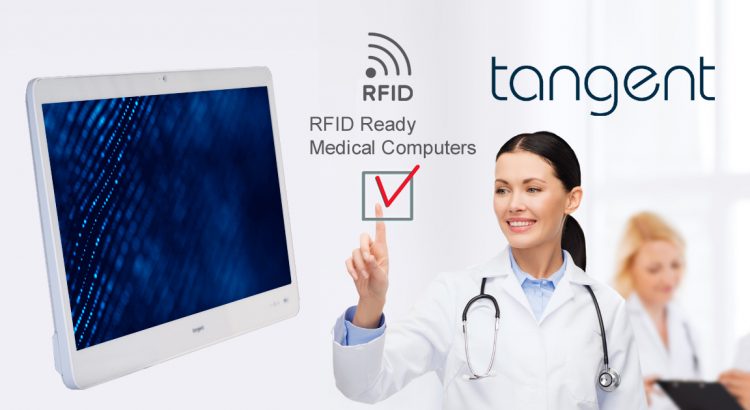What Is RFID? RFID stands for Radio-Frequency Identification. The technology standard is made up of RFID tags and readers. These tags have small radio receivers and transmitters inside them. When in contact with a reader, the tag will respond and transmit information it is carrying to the reader. These tags can be used for a […]
Category: all-in-one medical computers
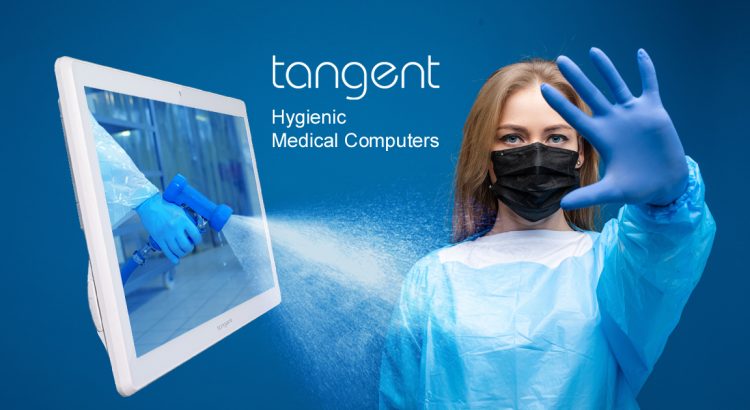
Hygienic Medical Computers
Cleanliness remains a top priority for hospitals everywhere. Since the introduction of handwashing into the medical field, efforts to curb disease spread in the hospital have been largely successful. Still, medical institutions must remain vigilant in their hygienic practices to ensure that the risks to patients are minimized. Hospitals need quality medical computers that help […]
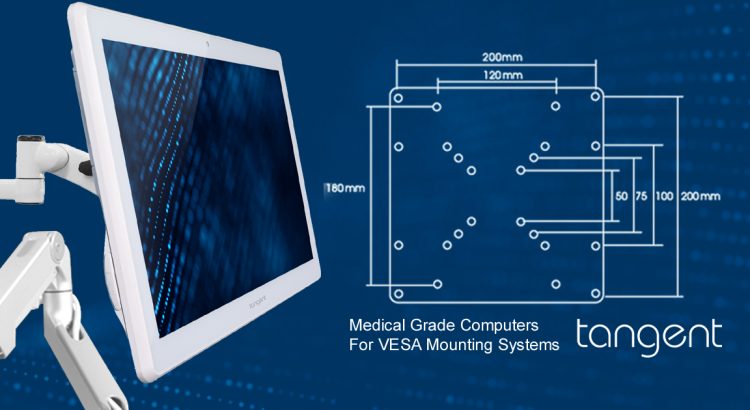
Medical Grade Computers For VESA Mounting Systems
This pandemic has taught hospitals a number of lessons. They have had to be resourceful with PPE, adapt to ever-changing guidelines, and always be ready to accept change. Above all, your hospital has learned to be efficient with its resources. Standardization exists to aid in efficiency. Needles sizes come in certain standards, as do surgeon […]
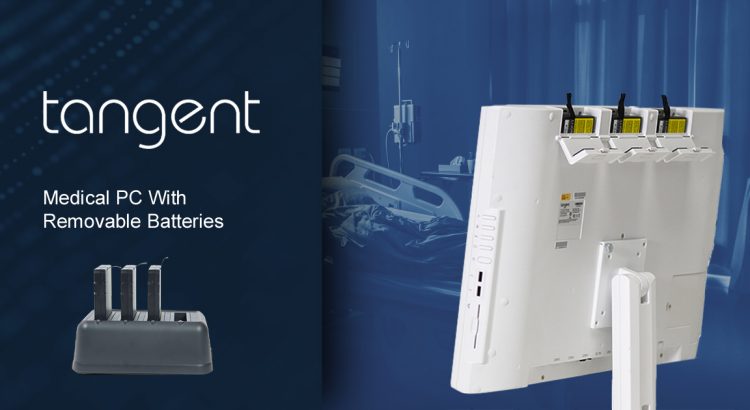
Medical PC With Removable Batteries
Hospitals are dynamic workplaces. As this pandemic has shown, hospital administrators need to be willing to change up their strategies constantly. This may mean bringing on more staff at some times, or completely shifting around a hospital’s layout in others. Many hospitals have had to set up popup clinics in their parking lot during this […]
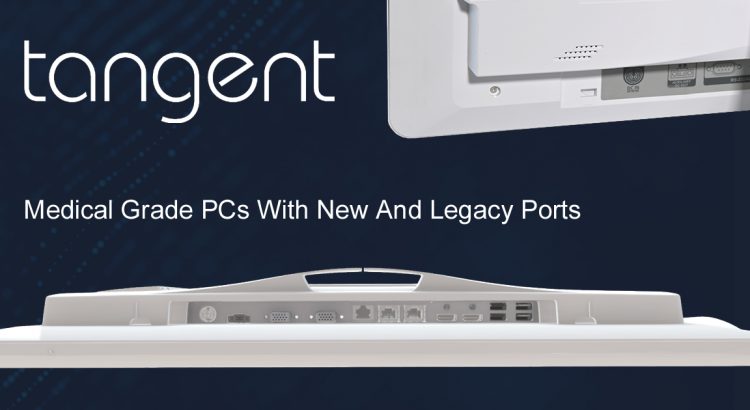
Medical Grade Computers With New And Legacy Ports
The medical grade computers of today look a lot different from their predecessors. They are smaller, faster, and more hygienic than earlier computers. While you have probably noticed most of these changes, there is one subtle area that is easy to forget: input and output ports. Input and output ports, shortened as IO ports, have […]
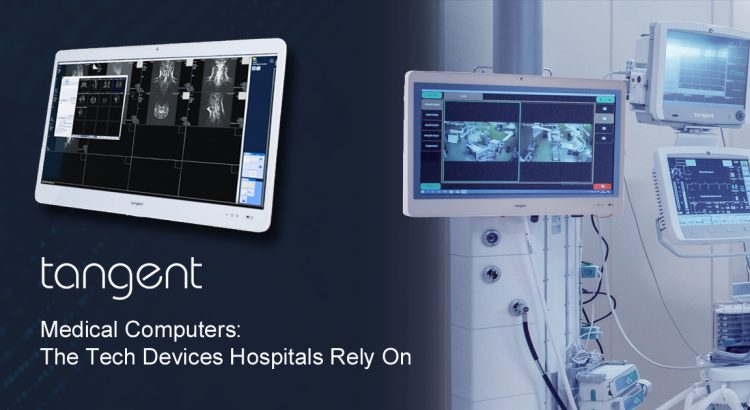
Medical Computers: The Tech Devices Hospitals Rely On
Commercial computers have found a home in offices, restaurants, and other places of business. But when it comes to the medical setting, standard computers are sorely lacking. A typical computer doesn’t have to be as sanitary as a medical computer as they are rarely in a sterile environment,. Designers create medical computers specifically for use […]
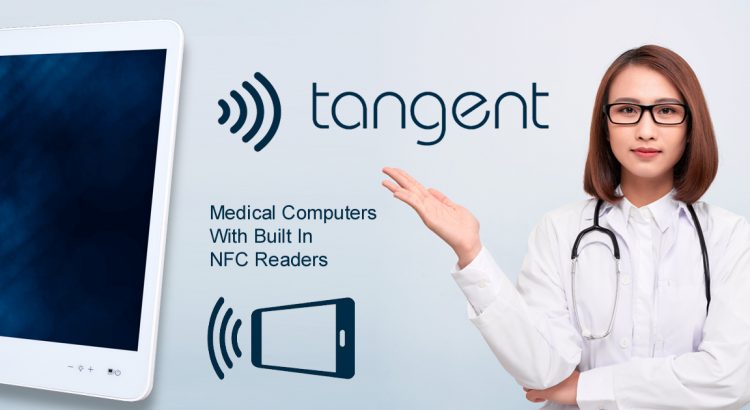
Medical Computers With NFC Readers
Wireless communication is playing an increasingly important role in Healthcare. From doctors transitioning away from pagers to smartphones, to their increasing reliance on email communications: hospitals rely on wireless communication. But one area of wireless communications that is easy to look over is near-field communication (NFC). These devices allow your doctors, nurses, and medical staff […]
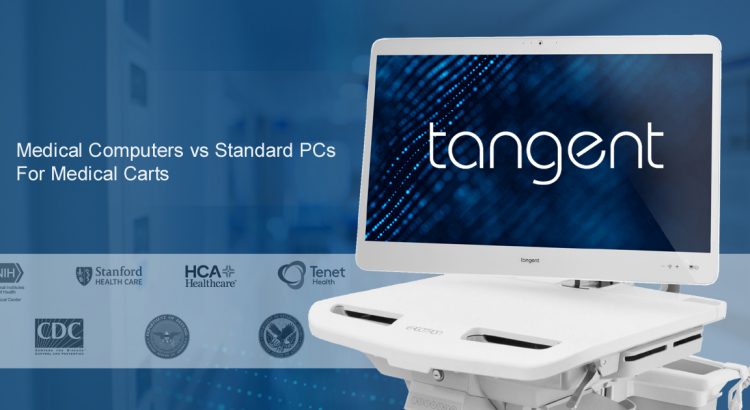
Medical Computers VS Standard PCs For Medical Carts
As the computing needs of hospitals have evolved, so have medical computers. The difference between medical computers and standard computers has only grown in recent years. Whereas before medical facilities could manage with standard computers, now such decisions only hold them back. Medical computers have become integral in healthcare for a number of reasons. They […]
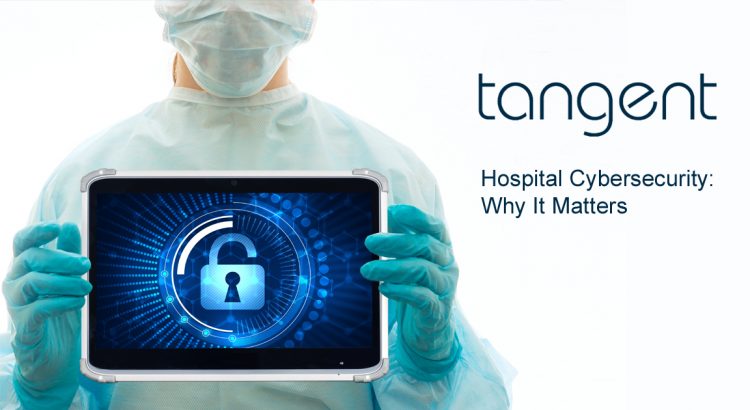
Hospital Cybersecurity: Why It Matters
Hospitals have come to rely heavily on their medical computer infrastructure. Everything from billing information to patient medical histories are stored on digital devices. These devices have made the task of record keeping much easier for your workers. But they also make it much easier for criminals to access sensitive information. Hackers have taken to […]
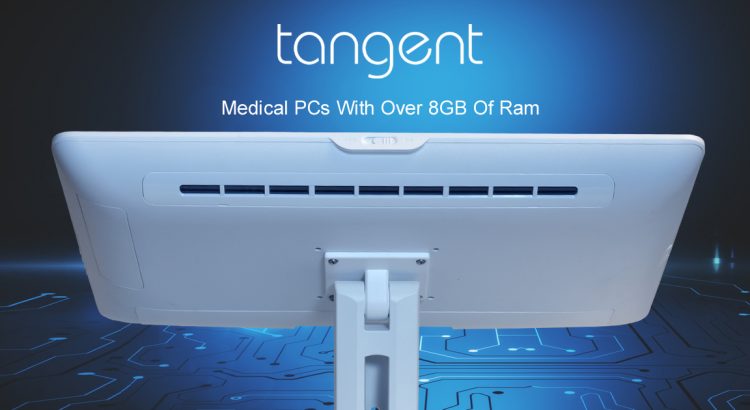
Medical PCs With Large Amounts Of RAM
As the years go by, computers of all kinds only seem to get faster. Computing trends have largely followed Moore’s Law, which states that the transistor density of processors doubles every two years. In non-technical terms, this generally means that computers should double in speed in the same time period. But one of the consequences […]
